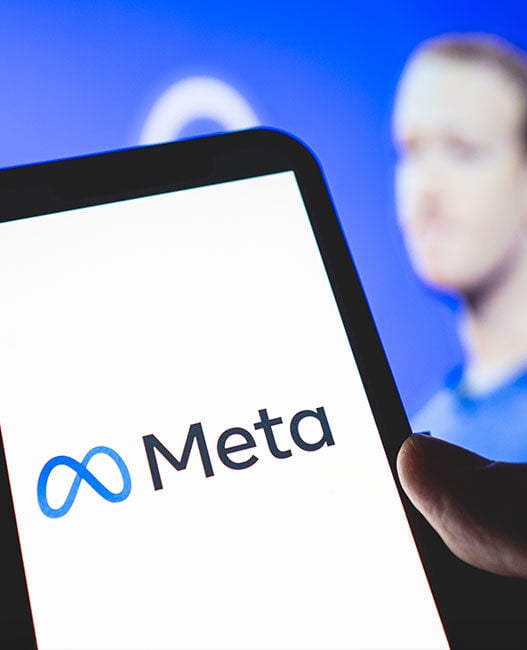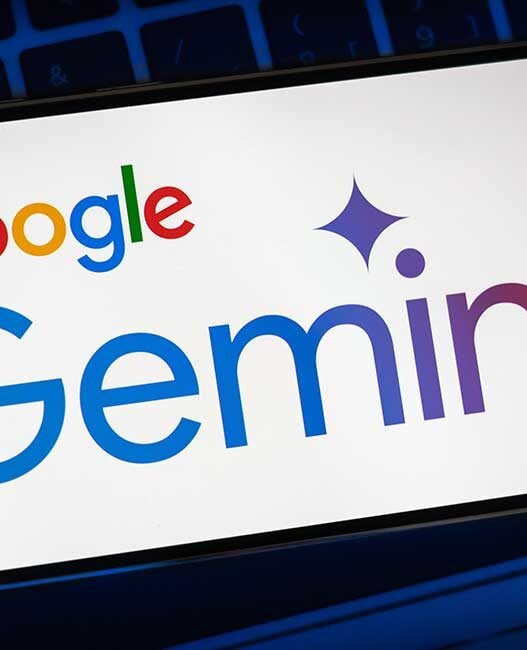Google’s new AI model, Gemini AI, is a strong stride for Google’s AI development and shows genuine promise as a new AI model. Developed by DeepMind, Gemini showcases advanced reasoning abilities, enabling it to provide comprehensive responses to complex inquiries. The model has been rigorously tested across a diverse range of subjects, including mathematics and humanities, demonstrating its versatility and depth of knowledge.
Gemini AI stands out for its ability to understand and process multimodal inputs, including text, images, and audio. This ability not only enhances its functionality but also broadens the scope of its applications in various fields. Google has positioned Gemini AI as a foundational model, indicating its integration into existing tools and services, such as Google Search and Bard. This strategic move underscores Google’s commitment to enhancing its services with cutting-edge AI technology.
The release of Gemini AI also marks a critical moment in the ongoing AI race, as it directly competes with established AI platforms like OpenAI’s ChatGPT. Google claims that Gemini outperforms its rivals in numerous academic benchmarks, setting a new standard in the AI industry. The development of Gemini AI reflects Google’s focus on innovation and its desire to lead in the rapidly evolving AI landscape.
Gemini AI’s features include its multimodal reasoning capabilities, enabling it to interpret and synthesize various data forms like text, images, video, audio, and code. It excels in generating code, merging text and images, and understanding across multiple languages and formats. Its three versions – Ultra, Pro, and Nano – cater to different complexity and efficiency needs. Gemini’s integration into Google’s ecosystem, including Search and Bard, highlights its foundational role in enhancing these tools with advanced AI functionalities. Google’s own examples for some of the more advanced use-cases of the AI included excelling at competitive programming tasks, unlocking scientific literature insights, processing and understand raw audio signal end-to-end, explaining math and physics reasoning, and the ability to reason about user intent to generate bespoke consumer experiences. For a comprehensive understanding of Gemini AI’s features, you can visit the official page here.
However, the launch of Gemini AI is not without its challenges. The AI industry faces increasing scrutiny regarding the ethical implications and potential risks associated with AI technology. Governments and regulatory bodies worldwide are actively seeking to develop frameworks and legislation to address these concerns. Additionally, the recent OpenAI chaos, which saw CEO Sam Altman fired and many of his loyal staff ready to leave only to be re-hired shortly after, could demonstrate growing discontent in the world of AI development. This context adds a layer of complexity to the deployment and adoption of new AI models like Gemini.
Overall, Google’s Gemini AI represents a leap forward in AI capabilities for Google, highlighting the company’s commitment to pushing the boundaries of technology. Its multimodal reasoning abilities and integration into Google’s ecosystem position it as a key player in the AI industry. As the AI landscape continues to evolve, Gemini AI is poised to play a significant role in shaping the future of artificial intelligence, especially as it will continue to develop.
















